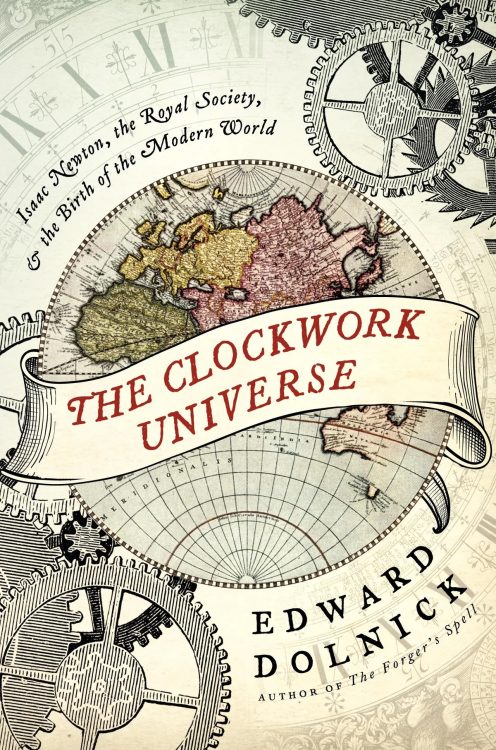The Middle Ages, a period often pejoratively dubbed as the ‘Dark Ages’, is frequently overlooked when we recount the history of scientific progress. But James Hannam’s “God’s Philosophers” shines a light on this misunderstood era, revealing the essential contributions of medieval scholars to the development of modern science. With a robust and enlightening narrative, Hannam upends the entrenched biases that have led many to dismiss the period as one of stagnation and blind adherence to dogma.
At its heart, “God’s Philosophers” is a vivid celebration of the intellectual endeavors that marked the medieval period. Hannam meticulously chronicles the works of lesser-known figures such as John Buridan, Nicole Oresme, and Thomas Bradwardine, alongside the contributions of more renowned thinkers like Roger Bacon, William of Ockham, and Saint Thomas Aquinas. These are the minds that laid the bedding for what would later bloom into the Scientific Revolution.
One of the book’s most compelling aspects is its myth-busting approach to history. Hannam deftly debunks the common misconceptions that medieval scholars thought the Earth was flat or that the Inquisition was a relentless enemy of scientific discovery. He illustrates how, contrary to popular belief, Christianity and Islam played supportive roles in the pursuit of knowledge during these times.
“God’s Philosophers” does not shy away from religious contexts; instead, it examines how faiths were intertwined with scientific inquiry. Hannam provides a nuanced perspective on how Christian and Muslim teachings fostered an environment ripe for scientific exploration, contributing to groundbreaking advances in fields as diverse as mathematics, physics, and astronomy.
The book offers a window into significant technological innovations, such as the creation of spectacles and the mechanical clock—tools that reshaped daily life and understanding of the world. These creations speak to the creativity and ingenuity of medieval inventors, who were not just precursors but pioneers in their fields.
James Hannam successfully strikes a balance between scholarly attention to detail and accessible storytelling. Readers are treated to a rich tapestry of history that connects the dots between the medieval world and the onset of modern science. By the end of “God’s Philosophers,” Hannam has convincingly established that the scientific enlightenment didn’t materialize out of a vacuum; it was deeply rooted in the intellectual soil of the Middle Ages.
“God’s Philosophers” is not just a necessary read for those interested in the history of science; it’s a crucial corrective to the historical record, reminding us that knowledge is a cumulative endeavor reaching far back into our shared past. Anyone with a curiosity about the origins of modern scientific thought or the cultural context of the medieval world will find this book to be an enlightening and thought-provoking adventure.
The narrative might challenge deeply-held assumptions, but it is this challenge that makes “God’s Philosophers” a significant contribution to the historiography of science. Readers will walk away with a renewed respect for the medieval scholars who, long before Galileo and Newton, helped to chart the course toward our contemporary understanding of the universe.
















